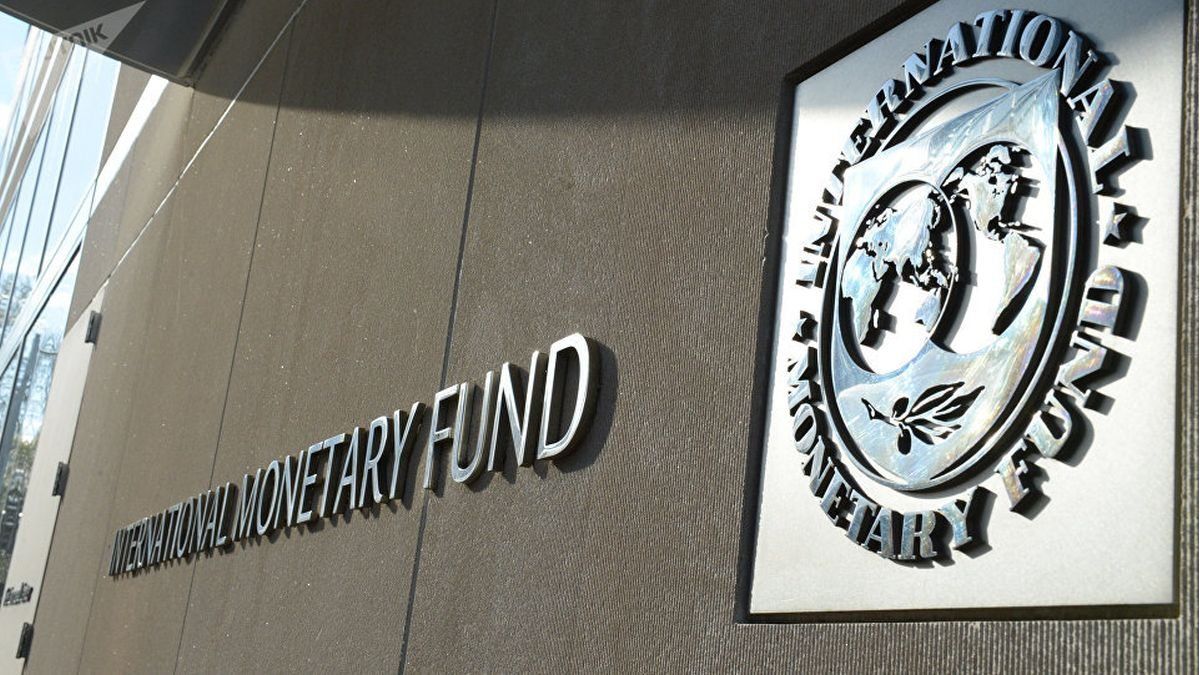Also, the financing will seek to unlock close to US$14,000 million in loans from other States and multilateral organizationsespecially from the Persian Gulf countries, according to the IMF in a statement.
The program comes hand in hand with the implementation of an economic program by the Egyptian government to “preserve macroeconomic stability, restore reserves and pave the way for growth sustainable, inclusive and led by the private sector”.
Among the measures promoted by the Fund is the passage to a flexible exchange rate regime, a monetary policy aimed at gradually reducing inflation with a decrease in subsidized loan schemes, and fiscal consolidation with an increase in social spending and protection for vulnerable people.
In the same way they will be carried outstructural reforms of wide range to reduce the state’s footprint, level the playing field between all economic agents, facilitate the growth of the private sector and strengthen governance and transparency in the public sector”.
The Egyptian State it also requested US$1,329 million from the IMF under the framework of the Resilience and Sustainability Facility (RSF), a program designed for low- and middle-income countries, especially aimed at solving problems related to climate change; which will be discussed by the Fund in the next reviews that it will carry out to the country.
IMF Managing Director, Kristalina Georgievaaffirmed that Egypt began to register “imbalances in the face of a rigid exchange rate, high public debt and delays in structural reforms.”
“Russia’s war in Ukraine crystallized these pre-existing vulnerabilities, fueling capital flight and depleting reserves of the central bank, deepening the misalignment of the exchange rate,” he explained.
After that, praised the modification of the exchange rate policy and the tightening of monetary measures by Egypt, which – he considered – “are welcome steps”.
“Given growing uncertainty and risks to the global economic outlook, the authorities’ commitment to staying the course on exchange rate flexibility, prudent macroeconomic policies and structural reforms is critical,” Georgieva added.
Egypt, one of the world’s largest importers of wheat, was hit hard by the rise in prices and reduced supply caused by the war.and, since then, it has had to incur strong devaluations of its currency, including one of 18% at the end of October, according to the Bloomberg news agency.
Furthermore, there was a Strong capital flight with a withdrawal of US$22,000 million by foreign investors.
the north african country is one of the most indebted in the Middle East (debt represents 70.4% of its GDP), and had to sell shares in its state firms to countries of the Persian Gulf.
Egypt has previously suffered from dollar shortages, and in 2016 asked the IMF for a $12 billion loan.
Egyptian Finance Minister Mohamed Maaitdeclared last month that the IMF loan could be of great help in the face of financing needs that – he calculated – will be US$16,000 million in the next four years.
Regarding the entry of capital into the local debt market, Maiait pointed out that it is not a safe source of financing, and that Egypt should focus on promoting direct investment and exports.
Source: Ambito
David William is a talented author who has made a name for himself in the world of writing. He is a professional author who writes on a wide range of topics, from general interest to opinion news. David is currently working as a writer at 24 hours worlds where he brings his unique perspective and in-depth research to his articles, making them both informative and engaging.




